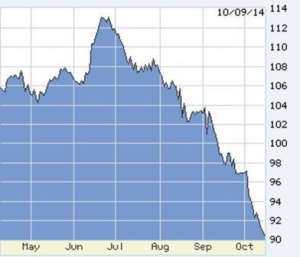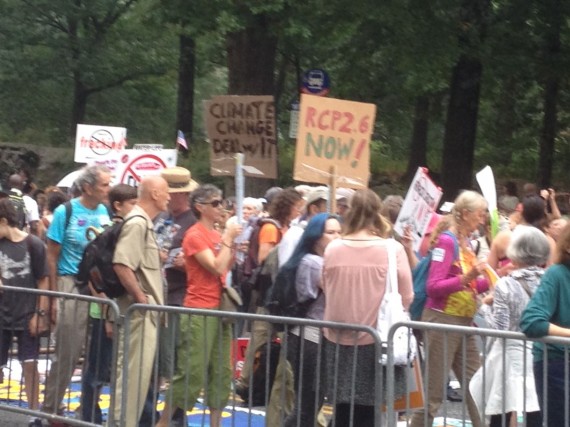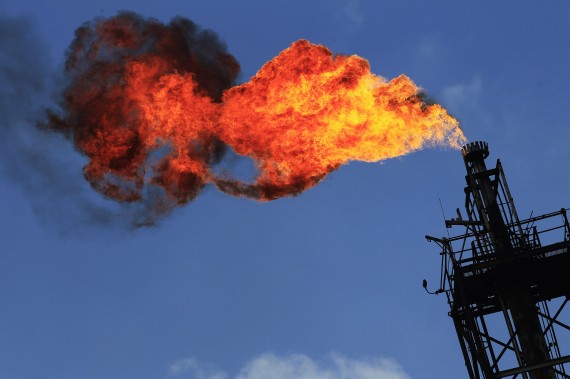New Nobel Economics Winner Jean Tirole on Energy, Climate, and Environment
Monday, October 13, 2014Jean Tirole was awarded the Nobel Memorial Prize in Economic Sciences today “for his analysis of market power and regulation”. It shouldn’t come as a surprise, then, that he’s written a lot about energy, climate change, and environmental issues. Here’s a quick selection of his relevant papers. Read more »










